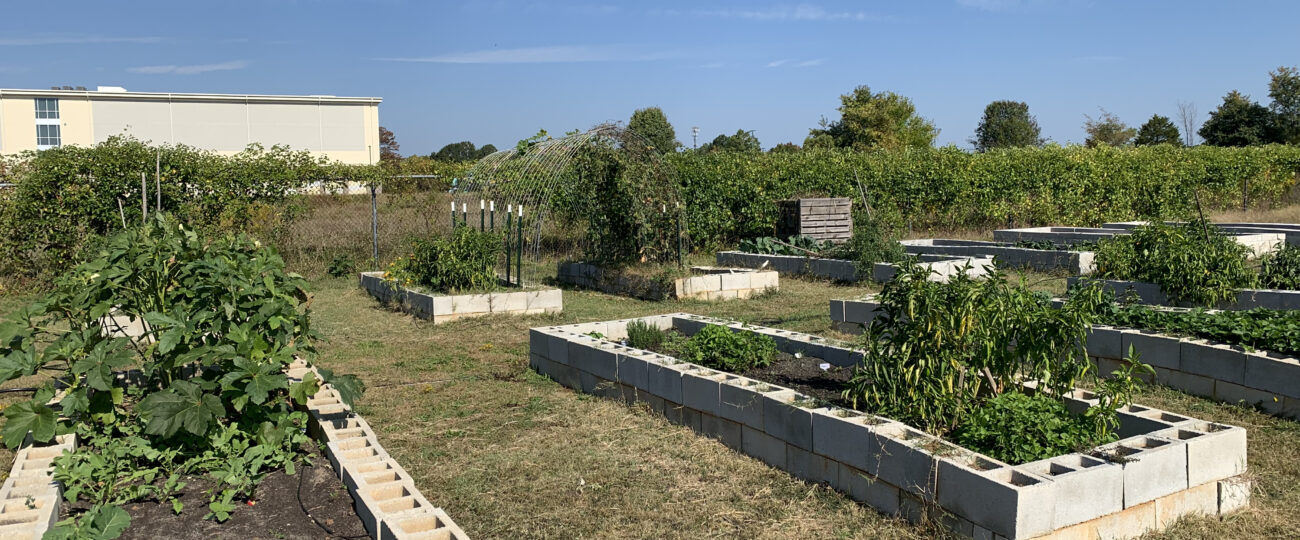Though summer has passed and fall has hit Winthrop with a well-welcomed chill, this has not slowed down the Rock Hill Educational Garden.
The garden, situated next to the Winthrop stadium, is home to 22 plots of various vegetation. From cabbage to marigolds, and everything in between, the Educational Garden runs all year.
It is cared for by weekly tenants under the leadership of Elizabeth “Dee” Morgan and Winthrop’s Sustainability coordinator, Chris Johnson.
On Oct. 8, Johnson hosted a walking tour of the garden to raise awareness of what the educational garden has done for the Winthrop campus, as well as the Rock Hill community.
Almost all of the Winthrop students have impacted the garden, whether they know it or not.
Food that is not consumed in the residence halls is taken to the garden where a compost machine then turns the food into sod for the gardens.
Then, whatever is grown in the garden is taken to Winthrop’s Farmer’s Market, or is given to Project Hope, a humanitarian organization that offers goods, aid and supplies for anyone in need. Up to 100 pounds of food is grown and donated to these organizations.
“We have a great team of gardeners that come every weekend and tend the garden,” Dee Morgan, head of the garden, said. “We love doing it.”
Anyone is welcome in the garden, whether it is to volunteer or it is to learn about the garden’s role in the community.
“There’s always something to do around here,” Johnson said.
Due to COVID-19, much of the aid for the garden has been lost. But, Johnson wants to change that. He wants students to use the garden as a way to learn about the need for a sustainable community.
Whether this is through the sustainability minor that is offered at Winthrop, joining the Student Environment Action Coalition (SEAC) or just visiting the garden, all are welcome to plug in and learn more about the community as well as the environment around them.
All are welcome to rent out their plot to tend and care for. Prices are $30 for six months and anyone interested will be immediately put on a waiting list until a plot is available. All costs are included in the $30 fee, including plants unless one intends to bring their plants.
Whether you are interested in the SEAC, buying a plot, or not, Dee Morgan and Chris Johnson invite all and might even offer a taste of the foods grown in the garden. This could include the leaves of the sweet stevia plant or a fresh tomato.
While there is a possibility for enjoying a feast for both the eyes and the mouth, education about the everyday workings of the garden is guaranteed.
Anyone interested in the SEAC, the sustainability minor, buying a plot or volunteering at the garden is welcome to contact Chris Johnson at sustainability@winthrop.edu or visit the webpage http://www.winthrop.edu/sustainability/.




